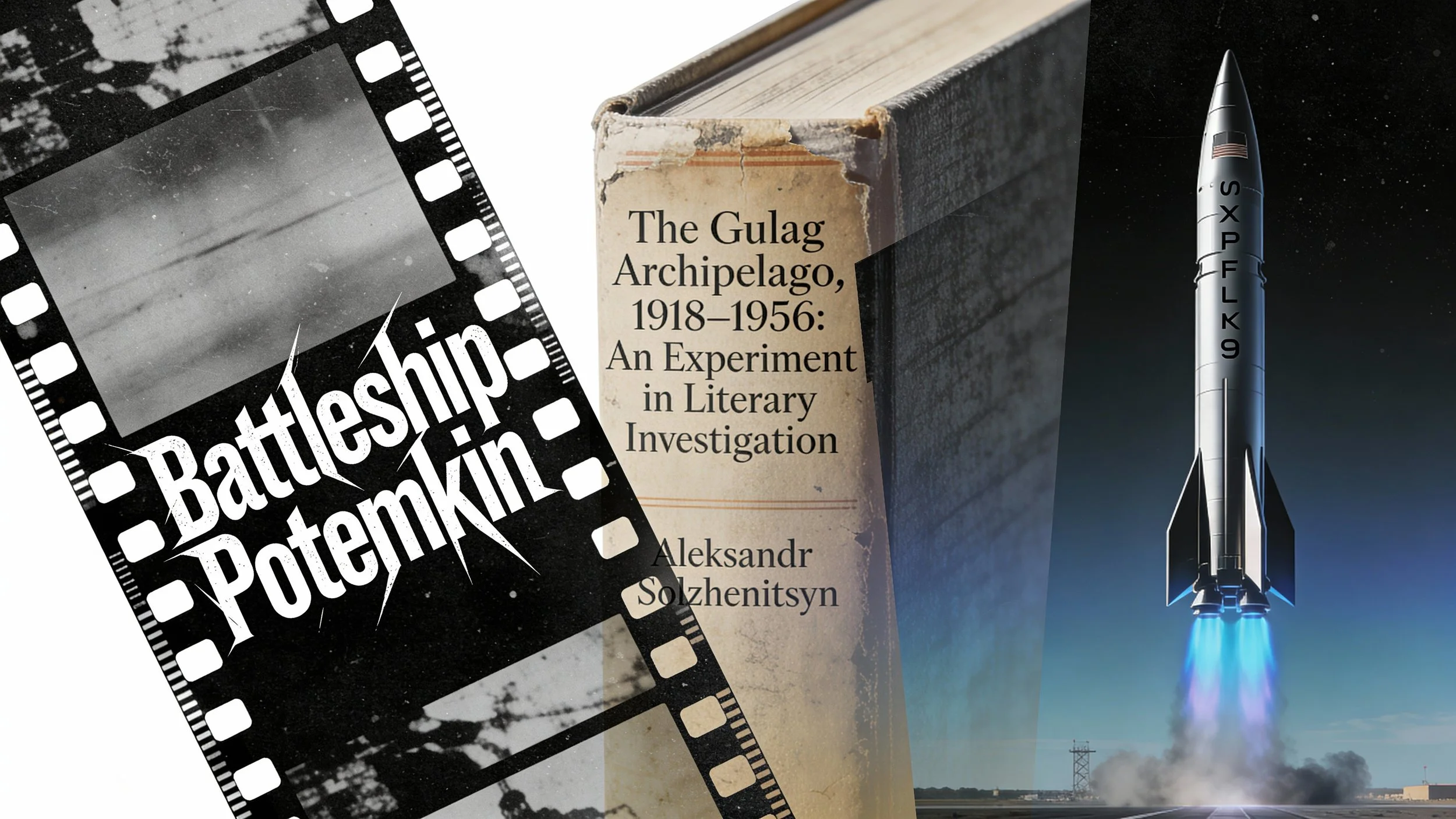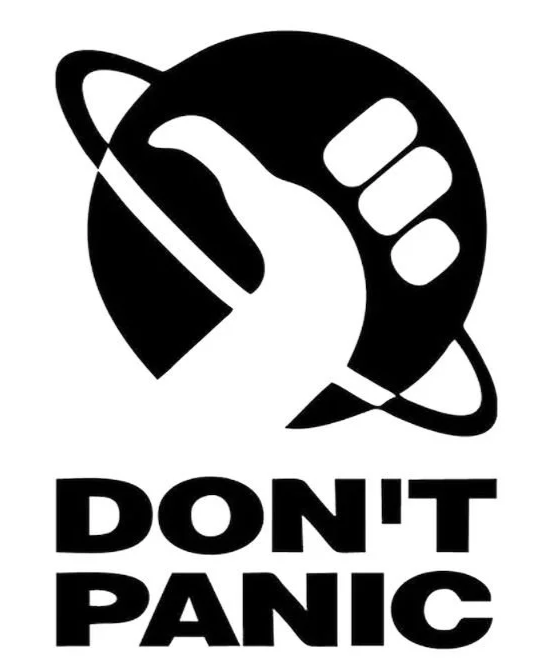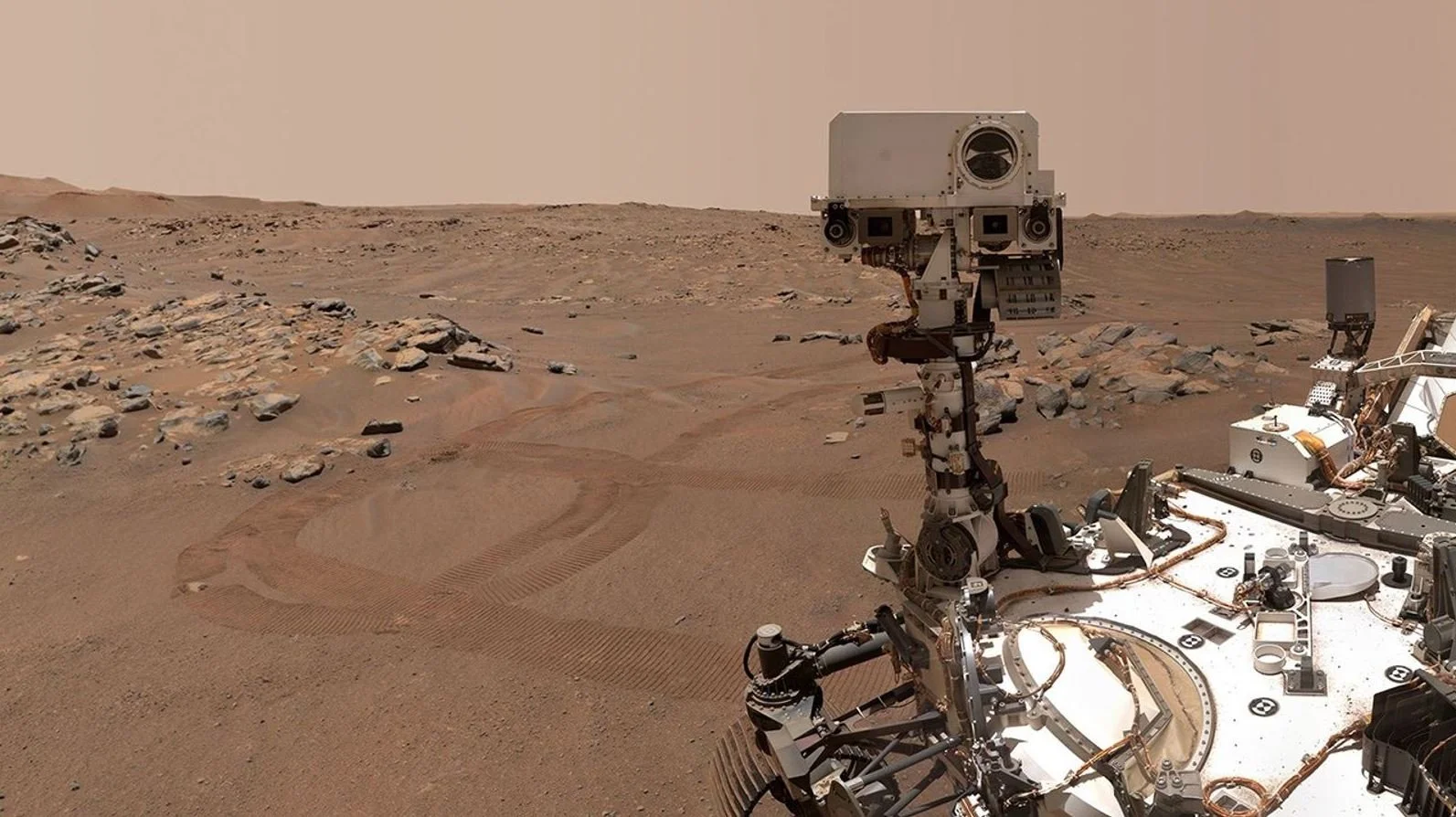Trump, Powell, and the Cost of Independence
The war for the American dollar has officially begun. On January 11, 2026, Federal Reserve Chairman Jerome Powell blew the whistle on a terrifying reality: the Trump administration is weaponizing the Justice Department to force interest rate cuts.
In the latest essay, we dissect this unprecedented crisis through the lens of history. From Lyndon B. Johnson physically assaulting a Fed Chair to the Nixon tapes that birthed the Great Inflation of the 1970s, the record is clear: when presidents control the money printer, the people pay the price.
This essay reveals the mechanics of Trump’s "legal siege," the threat of fiscal dominance, and the terrifying cost of losing central bank independence. This isn't just a political squabble—it is the final battle for the value of your savings, and why Jerome Powell is the only man standing between the economy and the abyss.
Panama, Iraq, and Venezuela
American interventionism has come full circle. In the latest essay, we trace the violent arc of U.S. strategy through three definitive captures: Manuel Noriega in 1989, Saddam Hussein in 2003, and the shocking extraction of Nicolás Maduro in 2026.
Discover how Washington learned the lesson that capturing a dictator is easier than building a country. We move from the heavy metal psychological warfare of Panama to the chaotic "spider hole" of Iraq, finally arriving at the surgical precision of the Delta Force raid on Caracas. This essay dissects the "Operation Southern Spear" naval quarantine, the semantic battle over "kidnapping" versus "capture," and the geopolitical shockwaves currently rattling Mexico and Colombia. It poses the uncomfortable question: In the face of a criminal regime aligned with global adversaries, was the error the intervention itself, or the fact that it took 10 years to happen?
A Century of Decembers
December is a month of turning points. In "A Century of Decembers," we revisit three specific winter days across a century that redefined what it means to be human. What invisible thread connects the idealism of early Soviet cinema, the grim revelations of a smuggled manuscript, and the fiery precision of a modern rocket landing?
These aren't just historical footnotes; they are milestones in a dangerous evolution of hope. This essay asks the uncomfortable question: Are we advancing, or are we merely fleeing the scene of the crime? Uncover the haunting lineage of our modern world and the urgent choice history demands we make before the window closes.
The Politics of Destruction
Are we witnessing the end of American democracy? History suggests the warning signs are already here. In this urgent new essay, "The Politics of Destruction," we look past the daily noise of tweets and scandals to analyze the terrifying structural parallels between our current moment, the violent polarization of the American 1850s, and the democratic collapse of Weimar Germany.
Discover how the "Caning of Sumner" mirrors modern social media behavior, why the "Stab in the Back" myth is back in our headlines, and how the erosion of institutional forbearance paves the way for authoritarianism. This isn't just a history lesson; it's a roadmap of how democracies die in the bright light of day. Read now to understand the specific tools of destruction that are active right now—and what, if anything, we can do to stop the cycle before it's too late.
The Last Horizon
Imagine a void so vast it swallows time itself. That was the Pacific Ocean for Captain James Cook. In this review of Hampton Sides’ masterpiece, The Wide Wide Sea, we explore the terrifying and tragic final voyage of history’s greatest navigator—and discover what it could foreshadow for our future in space.
This essay reveals the haunting parallels between the 18th-century search for the Northwest Passage and the 21st-century race to Mars and beyond. Discover why Captain Cook's psychological unraveling offers a warning for future astronauts facing the isolation of the cosmos. It is a story of hubris, contact, and the unquenchable human drive to push into the unknown. We may have traded oak ships for titanium rockets, but the dangerous, fragile animal at the helm remains the same.
The Power of "Useless"
Ever wonder where GPS, Wi-Fi, and the internet came from? They weren't invented in a corporate lab. They were born from "useless" research—abstract theories from physicists like Einstein and Maxwell, who were just following their curiosity.
This essay reviews Michio Kaku's "The God Equation" to reveal a thrilling secret: every world-changing technology — from nuclear power to the computer in your pocket — was built on a foundation of pure, "ivory tower" science with no practical purpose at the time.
Read "The Power of 'Useless'" to see why funding scientists' wild dreams isn't wasteful—it's how we build the future. This essay argues that the government must fund "useless" ideas that will one day save us.
Don't Panic
Find yourself baffled by American politics? It turns out Douglas Adams wrote the field guide. This essay, "Don't Panic," argues that The Hitchhiker's Guide to the Galaxy, a science fiction classic published in 1979, is the most accurate political commentary of the 21st century.
Discover why the American voter is just Arthur Dent, bewildered in a bathrobe as the bulldozers show up in his front yard. See how our celebrity politicians are just Zaphod Beeblebrox—all flash, two heads, and zero substance. Learn why the tax code is Vogon poetry and why slogans like "Build the Wall" are just another desperate search for "42."
This is a hilarious and terrifying look at how our reality has officially out-satired satire. Grab your towel; you'll need it.
The Candle and the Windstorm
In 1995, Carl Sagan warned of a coming "demon-haunted world" overrun by unreason. This essay argues he wasn't just an astronomer; he was a prophet. It revisits his final masterpiece, "Science as a Candle in the Dark," holding its timeless wisdom against the chaotic windstorm of our modern, post-truth era.
Sagan's "demons" were UFOs and psychics; ours are viral conspiracy theories and election denial, supercharged by social media. This review explores how Sagan's "Baloney Detection Kit" is the essential tool for navigating a digital world built to deceive us. Discover why his passionate defense of reason is more critical than ever for the survival of democracy itself, and why his candle in the dark must be protected at all costs.
A Cosmic Outburst Redefines a Planet
What if a planet decided to act like a star? This essay explores a groundbreaking discovery in which astronomers caught a "cosmic orphan"—a lonely object the size of Jupiter—engaged in a massive, months-long feeding frenzy.
Discover how this tiny object suddenly flared up, devouring its surrounding dust disk and behaving exactly like a baby star. This spectacular event is helping solve a huge cosmic mystery: are these lonely wanderers failed stars, or are they planets violently kicked out of their own solar systems?
Forget dense science jargon. This is the thrilling story of a cosmic underdog whose giant temper tantrum is forcing us to rethink the very definition of a planet. It's a glimpse into the dramatic birth of celestial bodies, proving that even the smallest objects can have star-sized ambitions.
The Light of Alexandria
In the ancient world, the unparalleled brilliance of the philosopher Hypatia shone as a beacon of reason—until a mob, incited by political and religious fanaticism, brutally ended her life. This essay vividly brings her tragic story to life, presenting it as a cautionary tale for our own era.
The essay draws a direct line from the forces that killed Hypatia to the modern anti-science rhetoric and the conspiratorial campaigns of Robert F. Kennedy Jr., and the systemic defunding of climate research. It argues that the war on reason is not ancient history; it's a battle being fought today. Read on for a story of the timeless struggle between intellectual inquiry and the darkness of dogma, and the urgent importance of defending the truth.
The Blueprint of Belonging
What connects the Roman Aeneid to Marvel's Captain America? This essay, "The Blueprint of Belonging," argues that human societies are built on the stories they tell. It provides a comparison, from the foundational myths of Rome and the United States to the epic poems of Beowulf and the Iliad, revealing how these narratives forge a collective identity.
The analysis extends to our modern epics—superhero franchises—showing how Iron Man and the X-Men serve the same function as ancient heroes: they provide a shared moral framework and help us navigate our greatest anxieties. This essay demonstrates that while the medium changes, the essential role of storytelling in defining who "we" are remains as potent as ever. It is an insightful read for anyone interested in the power of narrative to shape our world.
America's Bloody Rejection of Its Own Ideals
The assassination of Charlie Kirk is not an isolated tragedy, but the latest chapter in America's grim history of political violence. This essay confronts this bloody record, from Abraham Lincoln to Martin Luther King Jr., arguing that each murder is a brutal rejection of democratic ideals—a violent veto on the will of the people.
Using Kirk's death as a terrifying modern endpoint, the essay examines how the bullet has repeatedly silenced the promise of civil debate. It is more than a historical account; it is a desperate plea for a return to civility and compassion in our public discourse. This is a sobering warning of the real-world consequences of dehumanizing rhetoric and urging us to change course before the next name is added to our nation's tragic list of martyrs.
The Whispers of Water
Did NASA's Perseverance rover find signs of ancient life on Mars? A recent paper in Nature reveals a stunning discovery: organic matter intertwined with strange mineral "leopard spots" in an ancient lakebed. The evidence points to a "potential biosignature," but is it definitive proof?
Our essay explores the groundbreaking science and the lessons learned from the 1996 Martian meteorite controversy that demand caution. But just as we stand on the verge of an answer, this historic quest is in jeopardy. Discover how severe budget cuts now threaten the Mars Sample Return mission, potentially leaving the most important rock samples in human history stranded on another world. Read the full story to understand what's at stake in the search for life beyond Earth.
The Cosmic Wet Blanket
Ever dreamed of a gleaming city on Mars? This essay, "The Cosmic Wet Blanket," reviews a book that serves as a hilarious and sobering reality check for those ambitions. It delves into Kelly and Zach Weinersmith's A City on Mars, a brilliant takedown of easy space-settlement optimism.
The review explores the book's sharpest points: the biological nightmare of conceiving space babies, the legal chaos of owning property on the Moon, and the inconvenient fact that Martian soil is toxic. It celebrates the authors' unique blend of deep scientific research and laugh-out-loud humor, dismantling the "backup planet" fantasy with merciless wit. This essay is a tribute to a book that argues for a more innovative, more realistic approach to our cosmic future—a must-read for anyone who looks at the stars and wonders, "what if?"
The Ghost in the Machine
Are our modern fears of artificial intelligence truly new? This essay argues that there are warnings scripted by George Orwell, Isaac Asimov, and Philip K. Dick. It dissects how Orwell’s all-seeing state is mirrored in China's Social Credit System, while Asimov’s logic-driven control finds its reflection in predictive policing.
The essay goes further, exploring Philip K. Dick’s paranoid landscapes where AI blurs reality with deepfakes and pre-judges our actions, eroding the very fabric of truth and free will. "The Ghost in the Machine" reveals we are not choosing between futures but witnessing the rise of a hybrid dystopia. This article is a call to vigilance, urging us to embed our values into the code and policies surrounding the use of AI that will define our era before the ghosts of the past become our reality.
Reclaiming Overlooked Voices in Literature and History
Discover the hidden currents of history with our latest essay, "Reclaiming Overlooked Voices in Literature and History." In a world obsessed with fleeting headlines, we delve into the legacies of forgotten artists, writers, and thinkers – from the fierce brushstrokes of Artemisia Gentileschi to the pioneering scientific mind of Ibn al-Haytham. This piece unearths their overlooked contributions, revealing how their struggles and triumphs offer a vital context for understanding today's most pressing issues. Move beyond surface-level narratives and gain an informed perspective on how the past truly shapes our present reality. Don't miss this illuminating journey into the silenced chapters of human ingenuity.
Information Control and the Shifting Nexus of Society
In an age saturated with information, have you ever wondered how authorities have always tried to shape what you see, hear, and believe? Dive into "Information Control and the Shifting Nexus of Society," an insightful article that uncovers humanity's relentless struggle between the urge to communicate and the impulse to control.
From ancient oral traditions to the revolutionary printing press, the pervasive reach of radio, and the dizzying speed of social media, discover how each technological leap fundamentally reshaped society's "nexus" – and intensified the battle for narrative control. Drawing on Yuval Noah Harari's framework, this piece reveals the recurring tensions between power, morality, and the indispensable right to speak freely. Understand the historical roots of today's digital dilemmas and gain a fresh perspective on the information landscape that defines our world. Don't just consume information; understand its history. Read on to explore the forces that have always tried to dictate our reality.
Today's Geopolitical Shifts
From the fall of the Roman Empire to the decline of the British Empire, history parallels today's geopolitical turmoil. This article dissects the forces shaping our era—China's ascent and the unraveling of Western alliances—through the view of history's power shifts. Discover the recurring patterns of economic decay, internal strife, and external pressures that have toppled empires, and confront the urgent question: Are we doomed to repeat the past, or can we chart a new course? It is a crucial read for understanding the high-stakes power struggles of our time.
How Bias Erodes Trust in the Free Press
Why have millions of Americans lost faith in the media? This article confronts this credibility crisis head-on, analyzing the double standard in presidential coverage. We contrast the relentless scrutiny of Trump's election claims and January 6th pardons with the quiet handling of Biden's apparent cognitive decline and the Hunter Biden laptop scandal. How does this compare to the historical discretion shown toward Ronald Reagan?
This isn't just about politics but also about the erosion of the press that democracy depends on. Explore the argument that the media has abandoned impartiality for advocacy by applying different rules, fueling the distrust it decries.
A Historical Take on the Pandemic's Long-Term Impact
Dive deep into the lasting effects of global plagues with our essay, "A Historical Take on the Pandemic's Long-Term Impact." Explore how the Black Death and the Spanish Flu didn't just decimate populations but reshaped societies, driving innovation, transforming labor, altering belief systems, and inspiring art. This analysis connects historical upheaval to our present reality. It offers context for today's debates surrounding public health and the controversial changes to the HHS proposed by Robert F. Kennedy Jr. Understand the long game of pandemics and their timeless impact on humanity.



















